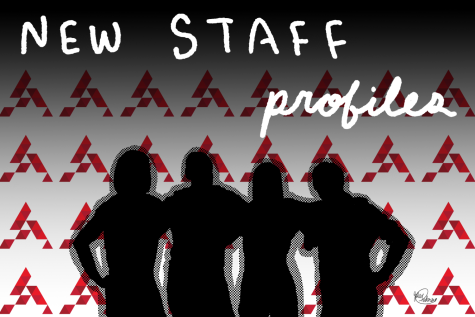The Battle for Your Attention Span
In today’s hyperconnected world, social media has become a regular part of our daily lives. While it allows us to connect with friends and family across the globe instantly, it is essential to recognize its impact on our attention span.
As social media platforms compete for our attention, they expose us to constant stimulation and instant gratification, leading to negative consequences such as reduced focus, increased distractibility, and impaired critical thinking. These consequences are crucial to address because they impact our cognitive well-being and mental health. Therefore, understanding the connection between social media and its role in decreasing our attention spans, as well as exploring ways to protect our cognitive well-being, is essential.
Social media platforms strive for dominance in the digital realm, leveraging something called the “attention economy” – a concept that defines attention as a scarce resource for which platforms compete, treating it as a valuable commodity, with companies using various strategies to capture and retain user engagement to promote their content, products, and services. Platforms create a perpetually stimulating environment by employing tactics like infinite scrolling, tailored content, and push notifications. This creates shorter attention spans, diminished focus, and a relentless cycle of seeking stimulation from increased social media engagement.
Short-form video content on websites such as TikTok, Instagram, and YouTube is designed to distract us for long periods by offering a continuous feed of engaging clips tailored to our interests. In this type of content, you may even find videos placed side by side to draw your attention from the other when you get bored. These compete for the viewer’s attention and foster a sense of constant novelty. Unfortunately, the endless stream of short-form videos on social media platforms has decreased our attention span and ability to focus on more complex long-form content or engage in critical thinking.
In addition to short-form videos, instant gratification plays a significant role in social media’s impact on attention span. Users who scroll through their favorite platforms typically become drawn into a consistent feedback loop. Seeing likes, comments, and shares on posts releases dopamine, a neurotransmitter associated with pleasure and reward, leading to an addictive cycle that keeps users returning for more. Over time, our brains become conditioned to expect immediate rewards, making engaging in activities requiring sustained focus and effort increasingly difficult and increasing our impulsivity.
While the idea of your attention span being stolen may be scary, there are ways to combat it. One of the most effective ways is to implement a digital detox, where we take breaks from social media and other digital platforms to help reset our focus and reduce dependency on instant gratification. We can also practice mindful social media consumption by being aware of our time on these platforms and the content we engage with to foster healthier habits. Setting screen time limits and using app-blocking tools can further assist in managing our digital intake. Finally, engaging in activities that promote focus and concentration and require sustained attention, such as reading or meditation, can counterbalance the effects of social media on our attention spans.
Both individuals and society are responsible for improving our mental habits. By understanding the significant importance of this issue and taking proactive steps to address it, we can help foster a more balanced relationship with technology and ensure a brighter future for future generations.

While being one of the initiative leaders for the Advocate’s podcast division, The Podvocate, Isaiah ’24 is also a writer for The Advocate who has...








tj • Apr 25, 2023 at 9:14 am
how am I supposed to read this article there’s no subway surfers gameplay to keep my attention
Isaiah • May 3, 2023 at 2:01 pm
haha, i almost included one with a family guy clip and subway surfers game play, but couldn’t get one that would be easy to cite
Jade • Apr 25, 2023 at 9:12 am
It is great to see this issue being discussed!